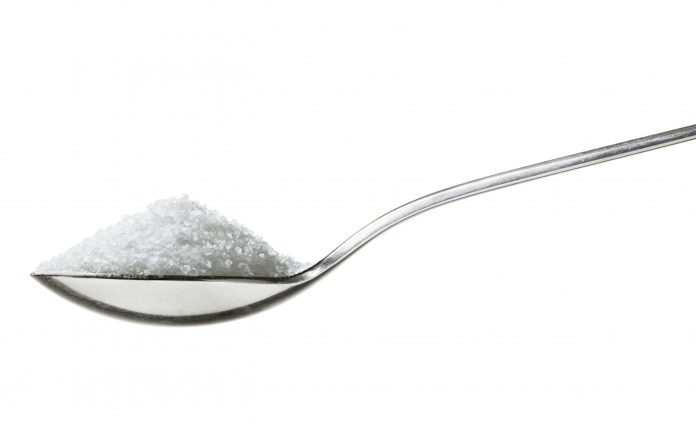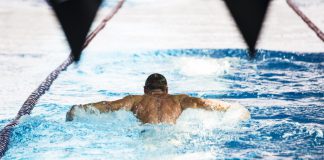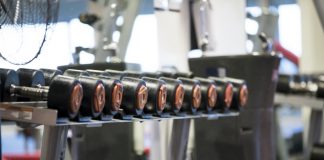Did you know?
Kiwi’s drink 4-5 times more sugar each day than the World Health Organisation recommends?
You might not add 5 teaspoons of sugar to your tea, but are you really aware of the sugar you guzzle down?
Beverages are one of the largest contributor of sugar in Kiwis diets, making up 17% of our sugar intake! Compare that to ‘sugar and sweets’ which contributes 10%. Not only can sugary drinks leave you with sweet cravings, fluctuant blood sugars and energy levels, evidence shows it can also increase tooth decay.
In the long term sugary drinks are linked with weight gain, increasing the risk of certain cancers, diabetes and even heart disease. Although you might feel like they quench your thirst, they don’t make you feel full and provide energy (Kcals/kJ) that your body finds hard to recognised. What does this mean? Well – when you have drinks loads with sugar, its easy to have more kcals/kJ than you need each day with the end result being weight gain.
- Having 1 glass of juice every day in excess of your energy requirements (the amount of Kcals/kJ you need in a day), over a year would lead to 3.5kg weigh gain.
The World Health Organisation now recommends adults limit their amount of *free sugar they have each day to 26g or 5 teaspoons. On average Kiwis consume 96-120g or 19-24 teaspoons of sugar a day, with 16-20g from beverages.
*Free sugar, includes added sugar, and those natural occurring in fruit juice and honey.
How much sugar are you really drinking?
Diet drinks, are they better?
Diet drinks contain less sugar and calories, which can be helpful in managing energy intake. They still have an intense sweet taste though and despite them being low in calories, they can leave you more likely to opt for other sweets to satisfy your taste buds. Furthermore, they have been shown to alter healthy gut microbiota, and may effect weight negatively.
Sports drinks – do you need them?
If you are doing prolonged intensive exercise then you might need to use a sports drink but they are not to have just because you have done a walk or jog round the block! Speak to a qualified sports nutritionist or dietitian to find out if you need to be using a sports drink.
Action plan!
Hydrate without all the sugar!
- Water- make this your regular! It’s the number one fluid to keep you hydrated and feeling fresh. Splash in a slice of lemon, lime, mint or cucumber for a refreshing hit.
- Low fat milk has bonus vitamins and minerals like calcium.
- Go for whole foods- switch the juice for a piece of fresh fruit. The fibre and intrinsic sugars will mean more sustained energy levels.
- Check the ingredient list and labels of products.
- Dilute cranberry juice with soda water or sparking water. Try one-third juice to two-thirds water.
- Iced teas are super simple to make at home without adding sugar.
- For a lighter lemon lime and bitters use soda water with fresh lemon, and lime.
- Keep the sports drinks for days you’re doing more than an hour or more of intense exercise – best to check with a sports nutritionist to see if you really need them!.
- If you use protein powder, choose one without added carbohydrate (as this can often be a form of sugar) – top up your carbohydrate intake with a piece of fruit if need.







































